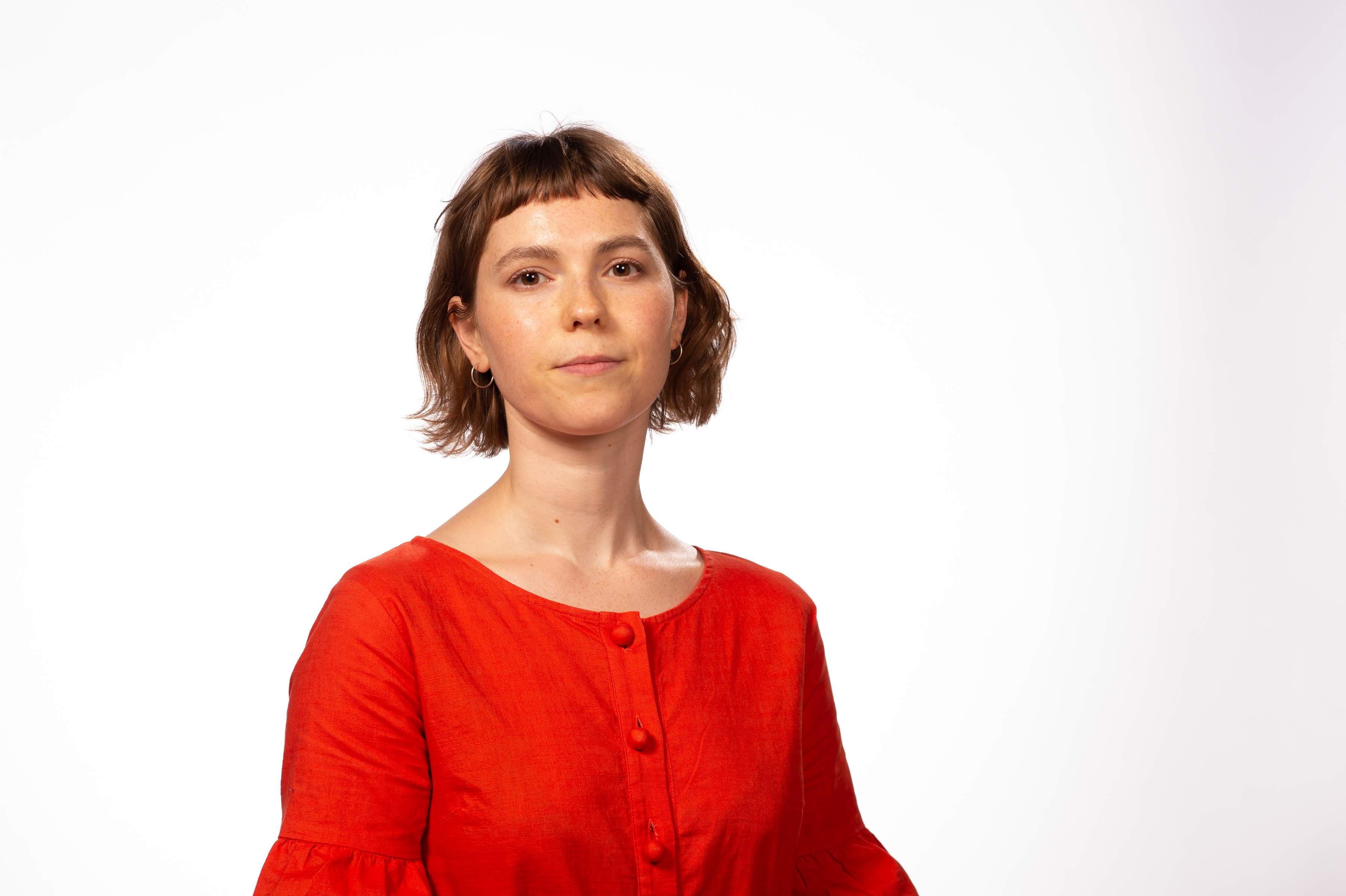STEAM: When art meets STEM
A new UNSW Canberra Science initiative will explore the intersections between art and science and the knowledges, philosophies and skill sets they bring.
A new UNSW Canberra Science initiative will explore the intersections between art and science and the knowledges, philosophies and skill sets they bring.

A new UNSW Canberra Science initiative will explore the intersections between art and science and the knowledges, philosophies and skill sets they bring.
UNSW Canberra geographer Dr Nina Williams explained that the STEAM initiative emphasises the importance of arts within the traditional STEM disciplines of science, technology, engineering and mathematics.
“The aim in doing so is to raise questions about the ways that life today is shaped by complex entanglements of technological, biological, geological, aesthetic, and atmospheric processes (and much else besides), from the scale of the planetary right down to the bodily,” she said.
“The respective logics of the sciences and arts can only get us so far in addressing this complexity, so the initiative seeks to open fruitful lines of dialogue between the two.”
Dr Williams said geography investigates both human and physical worlds, so it is often difficult to house the discipline as it tends to straddle both the sciences and the humanities.
“My current research examines biodesign (primarily in textile design), a unique field intersecting principles from art, design, science and engineering in order to create innovative and regenerative materials in response to the unsustainable practices of the wider design industry,” she said.
Dr Williams explained that the arts don’t always provide clear answers in the ways that we might expect the sciences to, but they do provide new ways of looking at the world that makes us think of things differently.
She said there are many contemporary examples between art and science, with many institutions specialising in this intersection cropping up around the world.
“For instance, an institution my colleague Dr Andrew Lapworth has conducted research with is the ‘artistic laboratory’ SymbioticA at the University of Western Australia, which seeks to enhance cultural ideas around scientific knowledge through artistic inquiry, using techniques such as tissue engineering,” Dr Williams said.
She said various genres of art have been influenced by scientific paradigms, for example, the use of geometry within abstract art, or the technological innovations that led to the birth of cinema.
In turn, artistic practices are often used in scientific research, both as a mode of data collection, such as natural illustration or time-lapse photography, and as a means of communication and public engagement, for example data visualisation.
UNSW Canberra’s STEAM initiative will celebrate these intersections and begin by welcoming Dr David Rousell to present its first seminar.
Dr Rousell is a Senior Lecturer in Creative Education at RMIT and Director of the Creative Agency Lab – a community of creative makers, academics, scientists, technologists, educators, industry and organisations committed to social change.
“Dr Rousell will present on the themes of creativity and the philosophy of Alfred North Whitehead,” Dr Williams said.
“Whitehead is a unique philosopher in the context of the STEAM initiative. Originally a mathematician, he developed unique theorisations of creativity and consistently sought to dismantle the opposition between scientific reality and lived experience.”
Dr Rousell will present the inaugural STEAM event, ‘Accidental Creatures: Whitehead’s creativity and the general antagonism of social life’, on Thursday, 18th November. Registrations are now open.